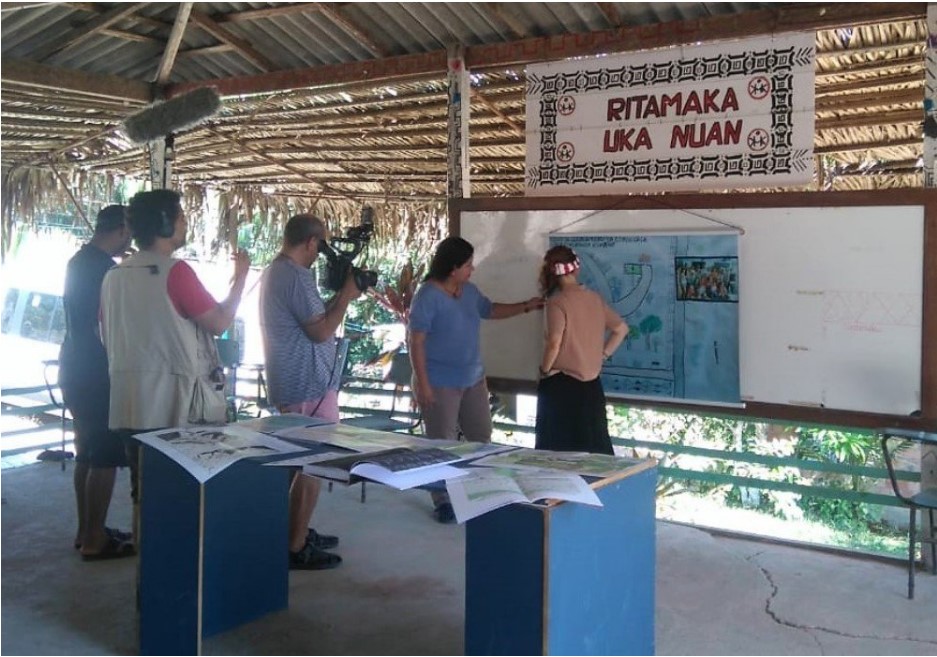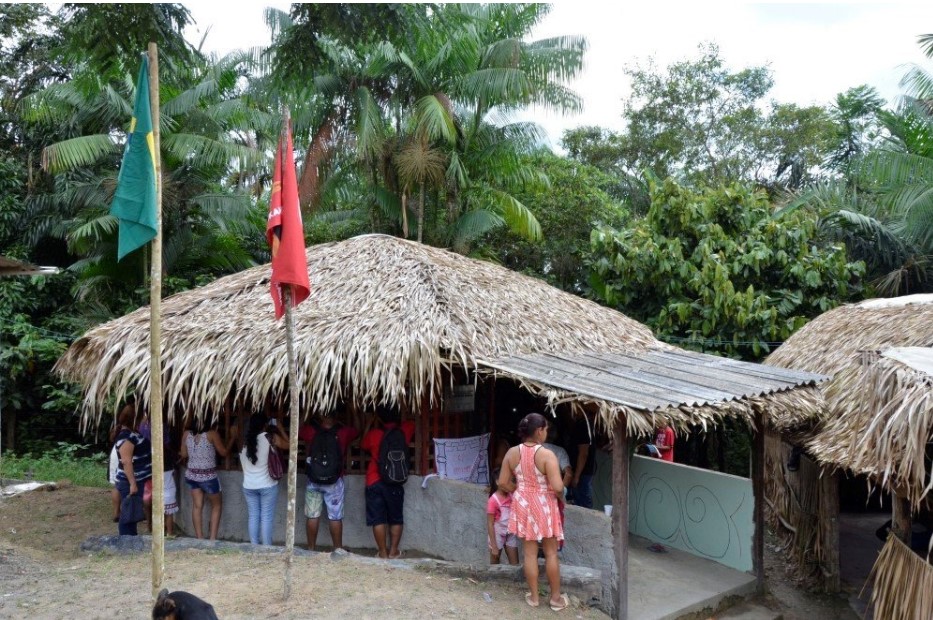The CIMAM Board announces three museums as recipients of the second edition of the Outstanding Museum Practices Award during the CIMAM 2022 Annual Conference in Palma de Mallorca, Spain
Palma de Mallorca, Spain – 16 November, 2022.
On the occasion of this year’s CIMAM Annual Conference, entitled “The Attentive Museum. Practices for a Common Ground,” gave visibility to the diverse forms and models of museum practices in the world today. The museum as possibility and as a living, evolving practice was evident in the presentations and discussions at the Conference, not as abstract and theoretical projections but as resonant and urgent.
- The 15 nominated practices for this year’s Aware came from Central and South America, Asia, Africa and Europe.
- An initial shortlist of 5 nominees was made by CIMAM’s Outstanding Museum Practices Award Steering Committee with the full CIMAM Board agreeing the Award recipients.
- A guiding question in identifying the Award recipients was: What can we learn?
Announcing the Awards, Suzanne Cotter, chair of the Outstanding Museum Practice Award committee, stated:
“This year’s Outstanding Museum Practices Awards recognizes museums in their commitment to the idea of the museum as a continued and evolving practice and in their willingness to assert alternative models to the persisting patriarchal and colonial structures of the European museum. The awarded museums enact a mutual empowerment for the museum and the publics that they look to serve.”
1) Kokama museums, Manaos, Amazonia, Brazil
The two Kokama’ museums in the city of Manaos are grounded in the local community, created by and for them has as its purpose to preserve traditional knowledge, language, and crafts. The committee found this museum practice exemplary for museums worldwide in its acknowledgment of a model that is distinct from western and non-indigenous models that have been the historical reference for museums for so many in the world, often at the expense of the cultural authors of the objects, items and cultural artefacts that are collected and displayed. The acknowledgment of museums as places that can enable the transmission of cultural practices and thinking is also a model from which many museums can learn.
“Mainstream museums can seem inaccessible to indigenous communities for several reasons: both geographical and cultural. If we can develop relations and partnership, we can contribute to reinforce cultural identity by preserving this precious traditional knowledge so different from the non-indigenous knowledge because they do not damage nature and they do not separate Art and Science.
These small museums developed by themselves can become spaces for intergenerational community dialogue. Language, cultural practices and traditional knowledge are understood as Art and Science.” 
The committee found this museum practice exemplary for museums worldwide in its acknowledgment of a model that is distinct from western and non-indigenous models that have been the historical reference for museums for so many in the world, often at the expense of the cultural authors of the objects, items and cultural artefacts that are collected and displayed. The acknowledgment of museums as places that can enable the transmission of cultural practices and thinking is also a model from which many museums can learn.


